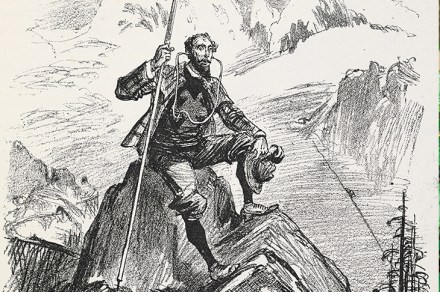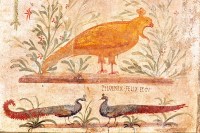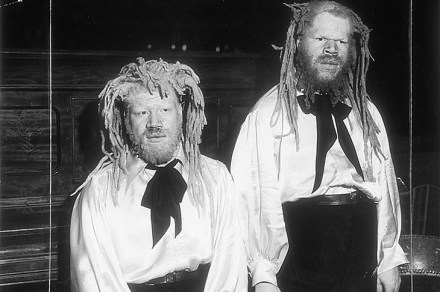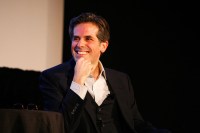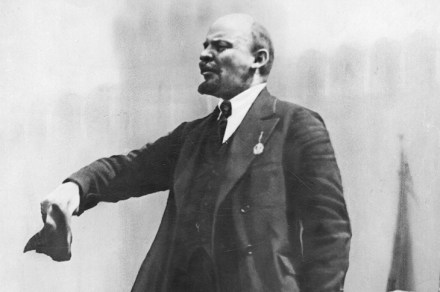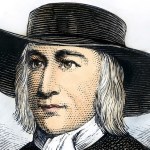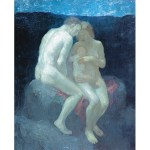The pleasures of reading aloud
pkkkfffffffrrrffff-ffff! pkkkfffffffrrrffff-fff! Hobble leg, hobble leg, Hobble leg owhmmm! Into the bottle of fluff, rubbed the stuff under! pkkkfffffffrrrffff-ffff! pkkkfffffffrrrffff-fff! This is the voice of Tennyson reading ‘The Charge of the Light Brigade’, as recorded by Thomas Edison in 1890 and phonetically or farcically transcribed in a novel by Nicholson Baker over a century later. Drowned in static, ‘valley of death’ sounds like ‘bottle of fluff’, ‘rode the six hundred’ becomes ‘rubbed the stuff under’ and ‘Hobble leg owhmmm’ is — of course — ‘Half a league onward’. It’s as if Edison had invented a machine for dismantling sense, or a mechanical ‘medium’ for psychical research (nonsense and disembodied voices
